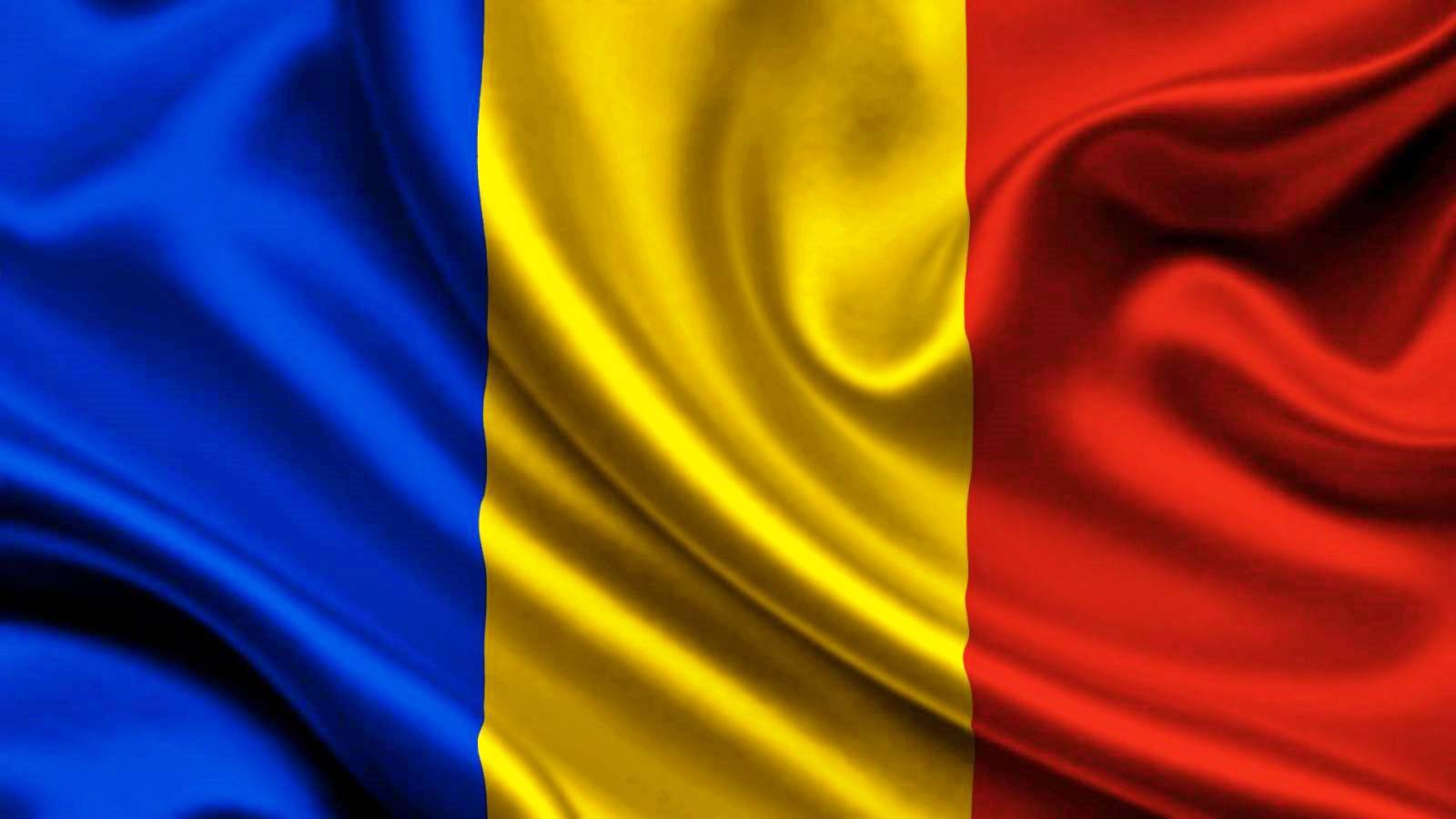DSU Romania announces a bilateral meeting between Romania and South Korea to strengthen bilateral relations between the two countries, so a Korean delegation came to Romania to discuss with the representatives of the Romanian authorities new measures to strengthen this collaboration for the future.
Today, November 29, 2022, I had the special honor of receiving the visit of a delegation from South Korea, led by Mr. Bo Ram Suh, Director General of the Ministry of the Interior of the Republic of South Korea, at the DSU headquarters.
The visit of the delegation from South Korea to Romania contributes to the strengthening of bilateral relations between the two states, both in the field of civil protection and in the field of emergency medicine, and in the near future the signing of a collaboration protocol between the Department for Emergency Situations Emergency from the Ministry of Internal Affairs and the relevant ministry in South Korea.
This action will establish the necessary framework to be able to start different training courses for professionals in the field of civil protection / emergency medicine, but also other analysis activities in terms of increasing the response capacity in case of emergency/disaster situations.
During the meeting, Dr. Raed Arafat spoke to the distinguished guests about the integrated emergency system in Romania, emphasizing the various agreements, partnerships or memoranda of understanding signed with countries in the European Union, respectively countries outside the European space, in the field of emergency management emergency, but also on the aid offered by Romania to countries in situations where the lives of communities were in danger, examples being the aid offered to Greece and France in limiting the spread of wildfires.
At the same time, the close connection with civil protection was highlighted, the excellent civil-military cooperation resulting from various support missions, but also through the prism of exercises adapted to several types of disasters.
At the same time, discussions were held about the ability of the integrated national system to react and respond quickly in borderline situations, the ability of the current integrated system to deal with complex situations, the equipment in the equipment acquired with non-reimbursable European funds, the training of rescuers and the population.








